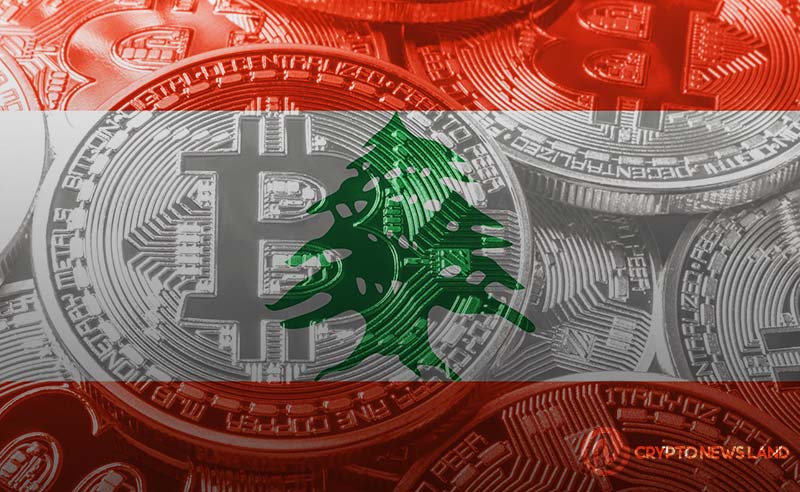- Lebanese depositors are demanding access to their money.
- People have witnessed the erasure of an entire way of life.
- Lark Davies: “Keep starking Bitcoin”.
A Times correspondent Ben Hubbard, who has spent much of the past decade in Lebanon, reports that “it genuinely feels like the country is falling down.” People have witnessed the erasure of an entire way of life.
In the same regard, depositors in Lebanon held up two banks to demand access to their own money that was frozen in the nation’s crippled banking system, highlighting the despair of those who have been unable to access funds since the economic crisis started in 2019.
It seems sensible that the government feels compelled to act. If only they pursued those in charge of Lebanon’s financial collapse with the same tenacity. For instance, Riad Salameh, the governor of Lebanon’s central bank, is widely seen to be a major contributor to the country’s economic malaise.
When attempts are made to have him arrested, he is never seen. He was accused of money laundering and illegal enrichment in March. Amid this darkness, in perhaps the most humorous take on the situation, Lebanese protestors conducted a funeral for the Lebanese pound.
The theme of cryptocurrency in Lebanon and the Middle East, in general, is still very nuanced. Questions of access to the banking system, a fiat currency worth exchanging cryptocurrencies for, or the electricity and Internet required to mine or run a node abound when it comes to retail exposure and the usefulness of Bitcoin on the ground.
While there are some small shoots of progress, it’s hard to characterize any cryptocurrency as having any significant effect in the current situation for the vast majority of the people affected.
Where Bitcoin and cryptocurrency play a larger role is in the theory behind what should be done, and what solution there might be. Lebanon, like many other countries before it, is going to the IMF for a solution and is likely to look to cut public spending and come to a settlement with its debt owners.

